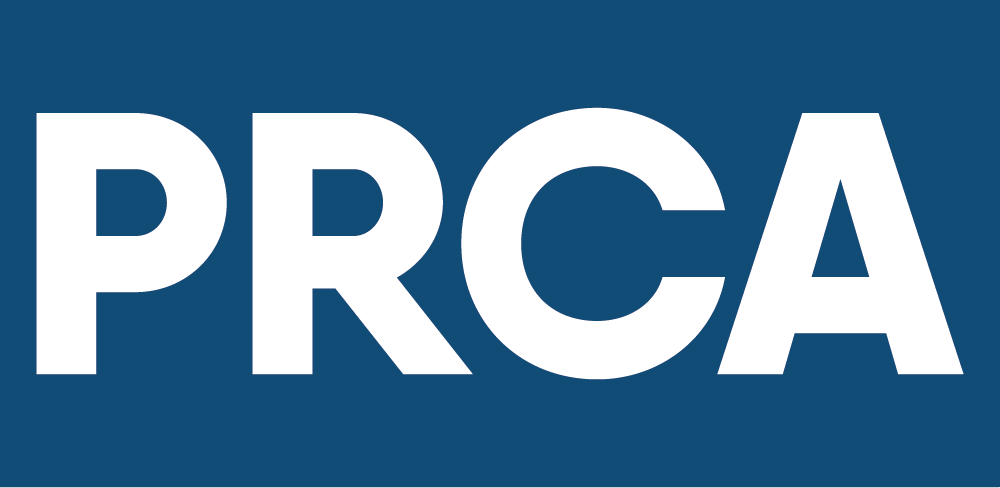Rosé, Relevance, and Representation: The Cannes Perspective of a Young PR at the Croisette
I started my career as an advertising copywriter almost seven years ago, back when the industry was very different from what it is today. My earliest mentors would show me Cannes-winning commercials for inspiration, from KFC’s flame-like fried chicken to Always Like a Girl, every spot that made the creative world gasp. Cannes Lions was the elusive dream we were all chasing, the creative Mecca for a young copywriter like me.
Little did I know that seven years later, that dream would come true, and I would be walking the Croisette not once, but twice with a Young Lion badge, as a PR, thanks to PRCA’s REEB and the Cannes ERA programme.
Over the 71 years of the festival running, the beaches, the cabanas, and the whole rosé-soaked block in the French Riviera have always been the Adman's haunt. Whilst the Adman has evolved into an Adperson, the festival continues to be ad-dominated, with PR sharing only a sliver of space.
However, I will not go as far as 71 years to say how times have changed. We are now seeing change at such unprecedented scales. The world begins to look like a very different place with every passing year.
In my two years at the festival, two things struck me and stood out. A lot of it is triggered by the changes we are seeing- staggered periods of geopolitical unrest, a global rightward shift, a new US administration and indeed the AI boom.
DEI in a period of backlash
Recent times have seen DEI come under the crosshairs with significant and credible brands and institutions scaling back DEI initiatives, many with a significant presence at the Cannes festival too.
However, on the ground, the energy felt different. Our ERA cohort was a mosaic of backgrounds: young professionals of colour, varied backgrounds, first-generation creatives swapping stories late into the night.
I spent an afternoon with People Like Us at their first global event with the Financial Times. We heard news of their "Name the bias" campaign picking up a Lion, and the room erupted. It was a reminder that stories rooted in lived experience still land with real power, no matter which way the political winds blow.
Seeing the real impact of DEI at Cannes was refreshing and fills one up with hope. There is still a form of diversity, however, that lags behind. Cannes has student passes, Young Lions competitions, and I did see people of my age and younger too, peppered around the boulevard and actively participating in the many showcases at the Palais. Yet so many of the crucial sessions, the closed-door briefings and the beach house roundtables, stay locked for CEOs and CMOs. Several friends saw their RSVPs declined with a polite note that the event was "for senior leaders".
That matters because AI is already automating the grunt work junior creatives once did to learn the ropes. An ambitious and thriving generation of ‘young lions’, as they call it in Cannes are raring to go. In so many ways, particularly in the world of communications, this generation comes with its own unique, creative ideas, more attuned and relevant to this hyper-connected but extremely volatile world we live in. If young practitioners cannot sit in on the strategic conversations, how will we build the instinct the industry needs next?
Cannes 2025 proved that when underrepresented voices get the microphone, the work gets better. The next step is to keep those microphones switched on, even when the lanyard colour says "Student" instead of "Chief".
PR is creative and needs a place at the table
The other form of diversity that Cannes is yet to embrace is more seats at the table for the PRs of the world. The PR Lions were introduced in 2009. There were big wins for PR, with firms like Burson, Weber Shandwick and Edelman taking home the Lions for creatively brilliant campaigns. It was remarkable to see Ready10, as an independent agency, winning big as well.
Yet we saw the Grand Prix in PR going to an ad agency. Most spaces, conversations and the panels too, continued to be dominated by advertisers, ad-themes, and talks of “earned-first” declined further compared to last year.
Cannes Lions brought PR into the picture to “recognise and celebrate the growing importance of public relations in branded communications and creative reputation management.” Harking back to the changing times of today further underscores the crucial role of creative reputation management and PR. We live in a world of extreme low trust, further amplified by rampant mis/disinformation, culture wars, altering definitions of ‘truth’ and hallucinating AI models.
Whilst flashy ad campaigns and brands thumping chests continue to dazzle and inspire us. The need for the “earned” and for brands to look authentic has never been greater. Storytelling rooted in the real world, leaders looking less god-like and more human, and brands that you can trust are the new comms goals. No new technology, a well learned AI or innovation can replace trust.
It may still be too far-fetched to call the Cannes Lions International Festival of Creativity the Davos of the Marcomms world, yet it will continue to be a very important forum for global creatives to gather. There is creativity in people from all races, ethnicities and genders. There is creativity in the younger generations, and indeed, there is a lot of creativity in storytelling.
Changemakers do not tell people what they have to do. They storytell.
